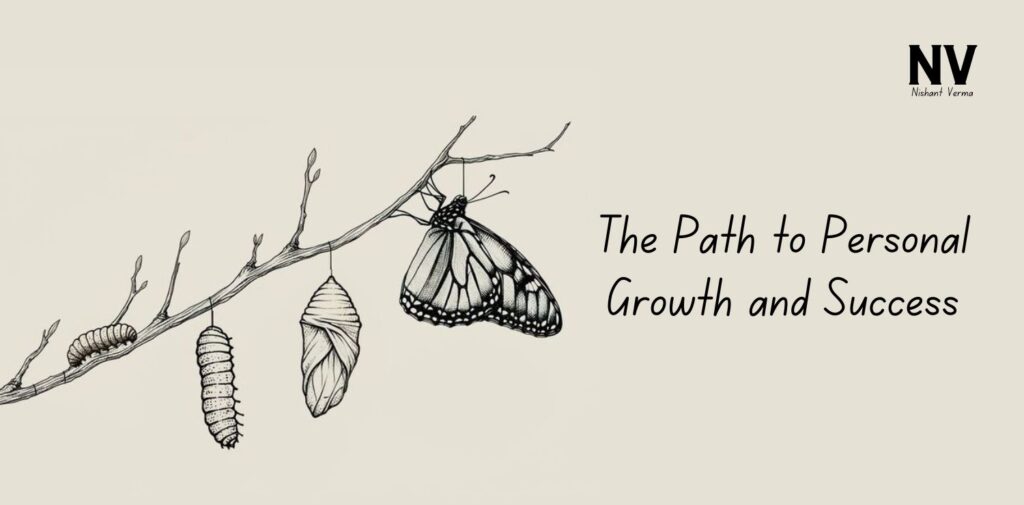In today’s fast-paced world, change is not just inevitable; it is a constant companion. Whether it’s in our careers, relationships, or personal aspirations, adapting to change can feel overwhelming. However, it is essential to understand that embracing change is key to personal growth and long-term success. This article delves into the importance of adaptability, self-awareness, and resilience, offering practical tips to inspire you to embrace change and unlock your full potential.
Understanding the Nature of Change
Change can manifest in various forms—job transitions, relocations, personal relationships, or even shifts in societal norms. While change often brings uncertainty, it also presents opportunities for growth and development. Acknowledge that feeling uncomfortable during periods of change is entirely normal; it signifies that you are stepping outside your comfort zone.
The Power of Adaptability
Adaptability is the ability to adjust to new conditions. Those who are adaptable tend to navigate life’s challenges more effectively. Studies show that adaptable individuals are more likely to succeed in their careers and personal lives. They view obstacles as opportunities for learning rather than insurmountable barriers.Tip: To cultivate adaptability, practice being open to new experiences. Start small—try a new hobby, meet new people, or change your routine. These minor adjustments can help train your brain to embrace larger changes when they arise.
The Role of Self-Awareness
Self-awareness is a crucial aspect of personal development. It involves recognizing your emotions, strengths, weaknesses, values, and triggers. Understanding yourself better allows you to navigate change with greater confidence. When you know what drives you, you can make informed decisions that align with your goals and values.
Tip: Consider journaling as a means of self-reflection. Write about your experiences, thoughts, and feelings regarding change. This practice can help clarify your mindset and emotions, making it easier to navigate future changes.

Setting Clear Goals For Personal Growth
Change often requires a reevaluation of your goals. Setting clear, achievable goals provides a roadmap during times of uncertainty. Goals act as a guiding star, helping you stay focused and motivated as you adapt to new circumstances.
Tip: Use the SMART criteria—Specific, Measurable, Achievable, Relevant, and Time-bound—when setting your goals. For example, instead of saying, “I want to get fit,” try, “I will exercise for 30 minutes, five times a week, for the next three months.” This clarity makes it easier to track progress and adjust as necessary.
Building Resilience
Resilience is the ability to bounce back from setbacks and challenges. Developing resilience is essential for navigating change. Resilient individuals view difficulties as temporary and manageable, allowing them to maintain a positive outlook.
Tip: To build resilience, practice mindfulness. Mindfulness techniques, such as meditation or deep breathing exercises, can help you stay grounded in the present moment, reducing anxiety about future changes.
Cultivating a Growth Mindset
A growth mindset, a concept popularized by psychologist Carol Dweck, is the belief that abilities and intelligence can be developed through dedication and hard work. Adopting a growth mindset encourages you to view challenges as opportunities to learn rather than as obstacles.
Tip: Challenge negative self-talk. When you face a setback, replace thoughts like “I can’t do this” with “I can learn from this experience.” This shift in perspective can empower you to take risks and embrace change.

Learning from Failure
Failure is often viewed negatively, but it is an integral part of the growth process. Each failure teaches valuable lessons that contribute to your development. By changing your perception of failure, you can reduce the fear associated with taking risks.
Tip: After facing a setback, take time to analyze what went wrong. Write down the lessons learned and how you can apply them moving forward. This reflection will equip you with tools to handle similar situations in the future.
Surrounding Yourself with Supportive People
The people you surround yourself with can significantly influence your ability to adapt to change. A supportive network provides encouragement and perspective during difficult times. Connecting with like-minded individuals can also inspire you to stay committed to your goals.
Tip: Seek out mentors or join groups related to your interests. Networking with individuals who have faced similar challenges can offer invaluable insights and support.
Embracing Lifelong Learning
In an ever-changing world, the ability to learn continuously is vital. Embracing lifelong learning not only enhances your skills but also keeps you adaptable and open to new opportunities. Whether through formal education, workshops, or self-directed learning, committing to personal growth is essential.
Tip: Dedicate time each week to learn something new. This could involve reading a book, taking an online course, or attending a workshop. The knowledge gained will empower you to tackle changes with confidence.

Celebrating Small Wins
Recognizing and celebrating small achievements is crucial for maintaining motivation during times of change. Each step forward, no matter how minor, deserves acknowledgment. Celebrating these wins reinforces positive behavior and boosts your confidence.
Tip: Create a journal or a digital document to track your accomplishments. Regularly review it to remind yourself of your progress and resilience.
Finding Purpose in Change
Ultimately, finding purpose in change is a transformative approach. When you view change as a pathway to personal growth, it becomes easier to embrace it. Reflect on what truly matters to you and how you can align your actions with your values during times of transition.
Tip: Create a personal mission statement that outlines your values and what you hope to achieve. Refer back to this statement when faced with changes to ensure your actions align with your purpose.
Conclusion: The Journey of Embracing Change
Embracing change is a journey that requires courage, self-awareness, and resilience. While the path may be fraught with challenges, the rewards of personal growth and success are immense. By cultivating adaptability, setting clear goals, and maintaining a growth mindset, you can navigate life’s changes with confidence.
Remember, change is not the end but rather a new beginning. Each experience adds to your story, shaping you into a stronger and more capable individual. Embrace the journey, learn from every twist and turn, and watch as you unlock your full potential. The future is full of possibilities, and it’s waiting for you to take that first step.




